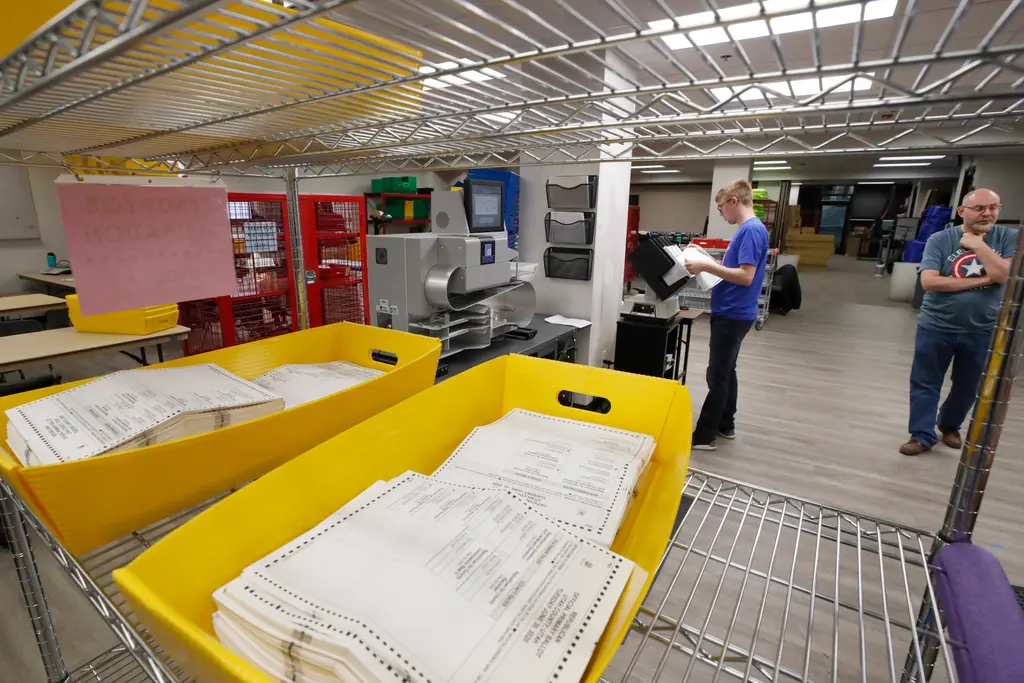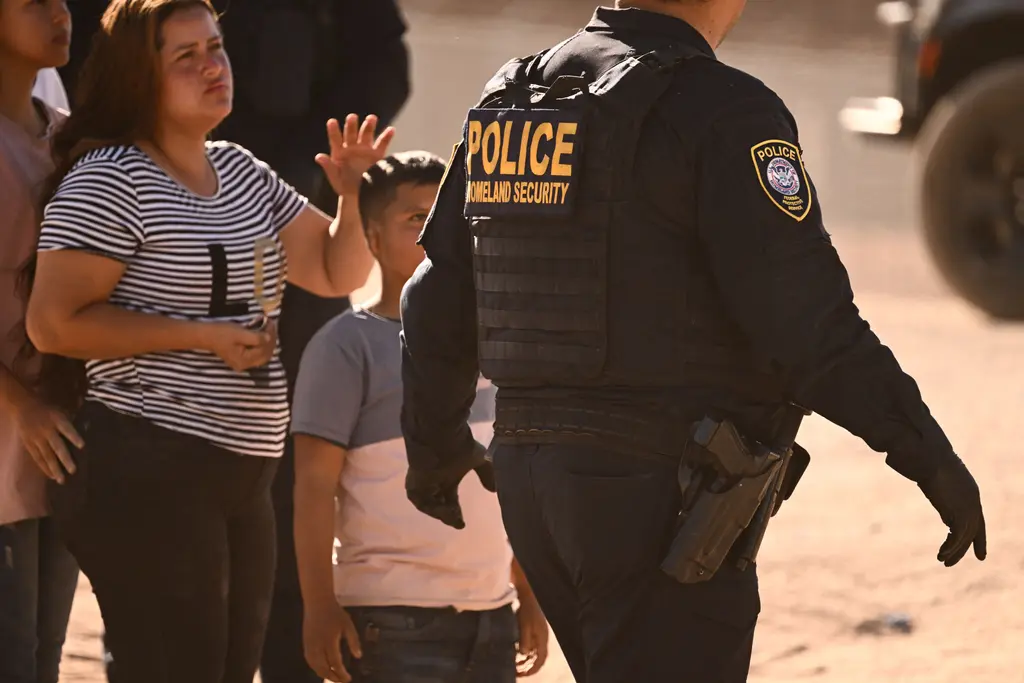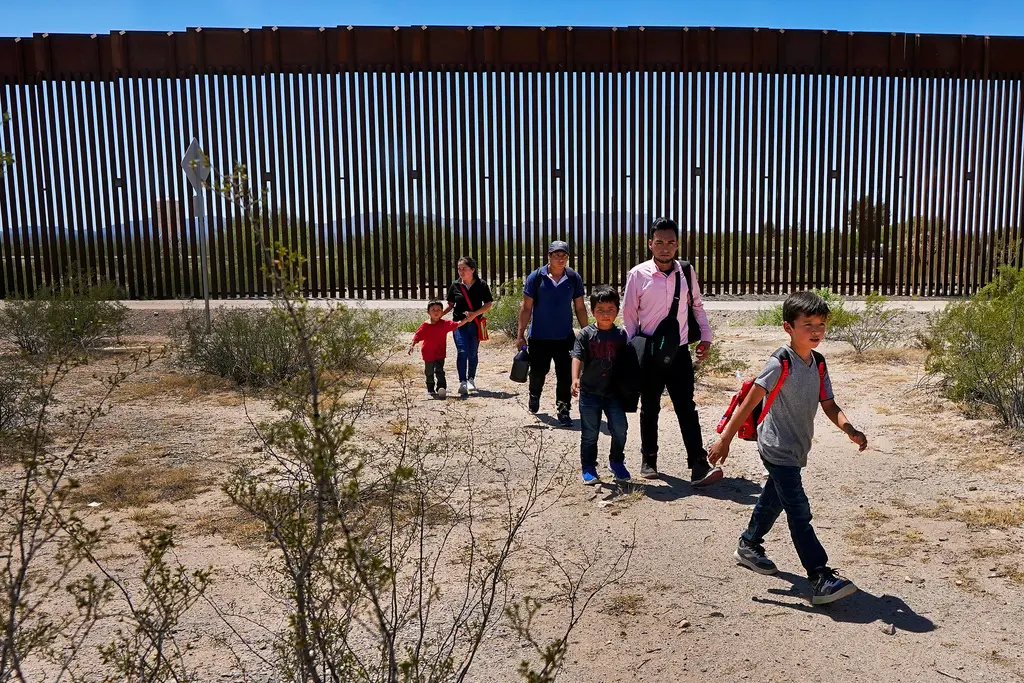The corruption conundrum in Central America

In November two hurricanes slammed Central America, adding misery on top of the misery of COVID-19. Fragile economies and institutions, already unable to create the jobs necessary to keep people at home, were further devastated. The result, in all likelihood, will be another wave of irregular migration from the Northern Triangle countries of Central America - El Salvador, Guatemala and Honduras - to the United States.
The incoming Biden istration is well aware of this looming crisis and has pledged to seek four billion dollars over four years to help mitigate the push factors of migration from the Northern Triangle. These factors are well known: Violence and criminality, including some of the highest murder rates in the world; poor governance, which means the weak institutions of the state are not at the service of the people; and a lack of economic opportunities. And a major contributor to all three push factors is corruption.
It is hard to overstate the role that corruption plays in the pathologies that plague Central America. Corrupt police and courts contribute directly to the high murder and crime rates, so that criminality has no consequences. Corruption in state agencies and institutions creates a lack of trust in government and makes people reluctant to pay taxes.
During my time as U.S. Ambassador to Honduras I came to understand that prosecuting corrupt individuals in government is necessary and important, but it is not enough. It’s not simply an individual failing but a systemic one. It is hard to get to the top of the political or economic ladder in Northern Triangle countries without playing by the corrupt rules of the game. They are not corrupting the system. This is the system.
The United States Government has understood the corrosive role of corruption in Central America for a long time and has invested in many programs aimed at reforming the system, but with mixed and limited results. One reason is what I call the 'Corruption Conundrum': How do you incentivize Central American elites, political and economic, to anti-corruption efforts when they know that they will be the ultimate targets of such efforts?
Más sobre Opinion
Traditionally, the U.S. has used its diplomatic influence, moral suasion, and financial incentives to encourage reform. But, when the system itself is based on corruption, it’s understandable when some argue that not a dime of taxpayers' money should be sent to such countries.
While reasonable, this approach is not in our interests.
First, very little United States foreign assistance money goes directly to foreign governments, including and especially in Central America. Rather, this money funds programs designed and implemented by United States implementing partners, often American companies, who bid on the contract and are approved, hired and paid by the U.S. Government. The need to work through imperfect and flawed host governments and partners remains, but we have greater control of programs and expenditures.
Second, U.S. foreign assistance is ultimately intended to serve our national interest. In Central America that means improving conditions so that people see their futures at home and not in the United States.
So how do we balance scrupulous stewardship of taxpayers' money with our need to manage programs that will help resolve the root causes of irregular migration to the United States? Can we be faithful stewards of foreign assistance money in societies where the system is rotten?
We must start by recognizing that our counterparts are imperfect at best and corrupted at worst. Nevertheless, to make improvements for everyone, we must work with the people in power to incentivize their full cooperation. A strong civil society and a robust free press can play a key role here, but those institutions, like all institutions in the Northern Triangle, are weak and require significant so that they can serve their function.
The Biden istration will be faced with serious choices as they re-engage with Northern Triangle countries following the very transactional and unsuccessful policies of the Trump istration. I recommend we do everything possible to incentivize the cooperation of flawed partners, including carrots and sticks. The carrots include reinvigorating our assistance programs aimed at reducing crime, strengthening weak institutions, and creating economic opportunities. The sticks include continued cooperation on investigations and extradition of criminal actors, and increased use of visa cancellations and financial sanctions for criminal actors.
Finally, we should international anti-corruption mechanisms designed to provide a political buffer for institutions like the Public Ministry and the courts, empowering them to expose and help reform corrupt and criminal systems, such as in government procurement. The focus should be on reforming the corrupt systems. If that process is successful, local institutions will have the capacity to prosecute corrupt officials. The Biden plan for Central America calls for a regional anti-corruption commission which provides a starting point for this discussion.
Improving conditions so that Northern Triangle citizens see their futures at home is a daunting challenge, but solving the Corruption Conundrum will be an important first step.



